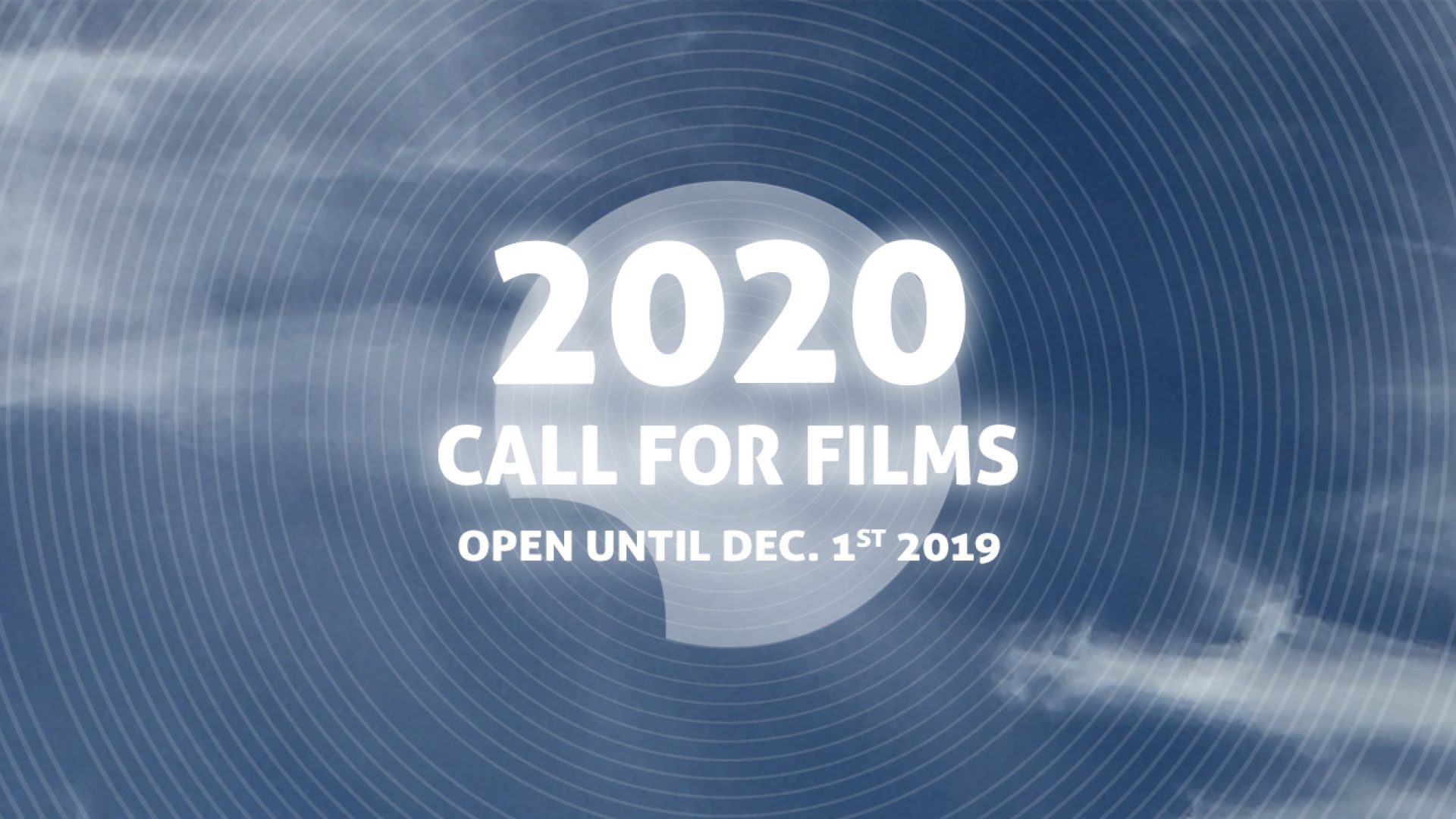AWARDS 2021
IDA – International Documentary Award
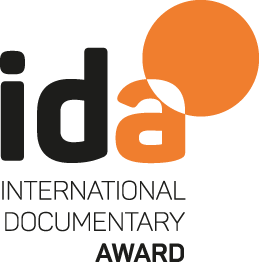
Curators: Marie-Christine Hartig, Martin Lintner
Jury:
Marlies Pöschl (Filmmaker)
Christos Varvantakis (Goldsmiths University, Athens Ethnographic Film Festival)
Weina Zhao (Filmmaker, Winner Austrian Documentary Awards 2020)
Prize Money: € 1.000.-
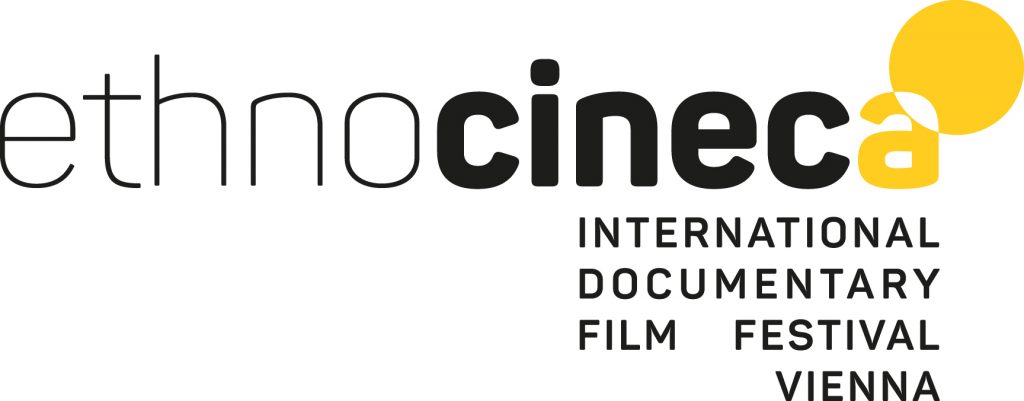
Prize donated by: ethnocineca
Gewinner
THIS RAIN WILL NEVER STOP
Alina Gorlova | Ukraine 2020 | 102 Min.
Jury statement: This Rain Will Never Stop is a portrait of two war-ridden countries connected through the fragile life of an individual: Andriy Suleyman, who arrived in Eastern Ukraine after having fled the war in Syria. It successfully manages to tell a very complex story through outstanding editing and cinematography. We witness vignettes of Andriy’s life, at first without knowing the context and only slowly we are able to start putting the pieces together. This is a refined filmic form that aesthetically translates Andriy’s process of arriving in Ukraine, getting to know this new reality and building a new life there. Without ever explicitly showing the wars that surround and haunt Andriy, it manages to convey the consequences and horrors of war on a much more comprehensive level that opens up to issues like migration, dispersal, diaspora, borders and to how humans adapt in situations of constant crisis. This is a masterful documentary film. It is original, insightful, really well-paced and the imagery in combination with the sound create an extremely moving cinematic experience.
Nominees
EVA – Excellence in Visual Anthropology Award

Curators: Hannah Hauptmann, Katja Seidel
Jury:
Laura Coppens (Anthropologist & Filmmaker, University of Bern)
Jari Kupiainen (VISCULT – Ethnographic Documentary Film Festival Joensuu)
Vlad Naumescu (Anthropologist & Filmmaker, Central European University)
Prize Money: € 1.000.-
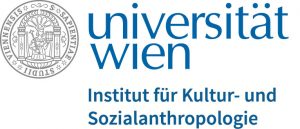
Prize donated by: Institut für Kultur- und Sozialanthropologie
Honorable Mention
Lobende Erwähnung: BOSCO
Alicia Cano Menoni | Uruguay, Italy 2020 | 80 Min.
Jury statement: The special mention goes to Bosco for its cinematic approach which creates an intimacy with the characters and their embeddedness in places and landscape. The jury appreciated the sense of time that marks the development of the story between two worlds united by the filmmaker’s search for ‘home’. The poetic elements of the film and its unprivileged camera style generate an emotional space that embraces us gently like a grandfather’s hug.
Winner
THE BODY WON´T CLOSE
Mattijs van de Port | Netherlands, Brazil 2020 | 75 Min.
Jury statement: Der Gewinner des Excellence in Visual Anthropology Award 2021 ist The Body Won’t Close – Bahian Tales of Love and Vulnerability des Regisseurs und Anthropologen Mattijs van de Port. Der Film ist in Bahia in Brasilien situiert und baut ein meisterhaft erzähltes Netzwerk auf, der miteinander verbundenen Themen Liebe, Sexualität, Mythologie, Geschichte, Identität, Kolonialismus und Rassismus um bahianische Körpervorstellungen. Die persönliche Kamera stellt den Filmemacher und Anthropologen in den Mittelpunkt, den Erzähler einer Geschichte von Verführung und Verrat, die den Forscher als einen verletzlichen und sexuellen Körper im Feld enthüllen. Diese Reflexivität, die methodisch in der Erzählung aufgebaut ist, wird durch einen experimentellen Schnitt ergänzt, der mit unserer Vorstellungskraft, Wahrnehmung und Emotionen spielt. Es ist ein innovativer und mutiger Film, der die Prämissen der anthropologischen Praxis in Frage stellt, einschließlich unseres am meisten geschätzten Konzept des Vertrauens. The Body Won’t Closeist ein Denkanstoß für Forscher_innen sowie ein ästhetisch ansprechender und origineller Essayfilm.
Nominierte Filme
ADA – Austrian Documentary Award

Curators:Marie-Christine Hartig, Martin Lintner, Katja Seidel
Jury:
Csilla Kató (Artistic Director, Astra Filmfest)
Doris Posch (Film Scholar)
Michael Schmied (Artistic Director, This Human World Film Festival)
Prize Money: € 1.000.-
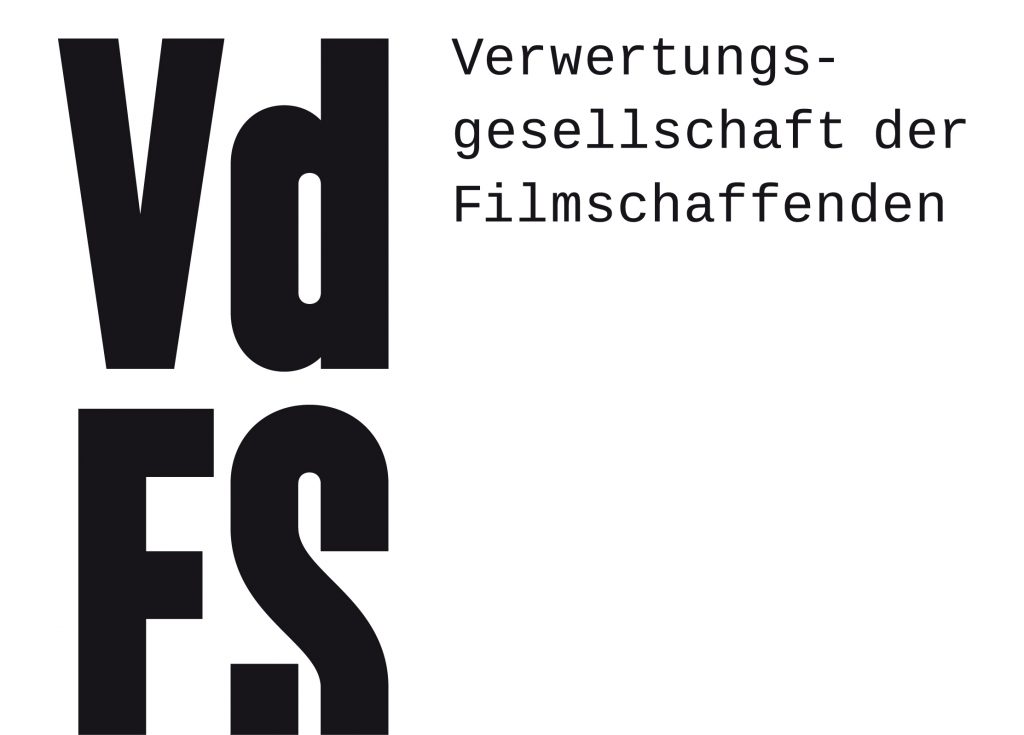
Prize donated by: Verwertungsgesellschaft der Filmschaffenden
Winner
ONCE UPON A TIME IN VENEZUELA
Anabel Rodríguez Ríos | Venezuela, United Kingdom, Brazil, Austria 2020 | 99 Min.
Jury statement: The jury finally agreed on the feature-length documentary Once upon a Time in Venezuela by Anabel Rodríguez Ríos to be awarded with the ADA prize of this year’s ethnocineca – International Documentary Film Festival. The jury appreciated the strong architecture of the story line, which allows the spectator to witness through scenes of everyday life of people in the small remote village of Congo Mirador the macro political climate of the country. The filmmaker excels in handling a big and complex documentary cinema production while spontaneity is still present as the scenes unfold. The well sketched characters enable the international audiences to understand the underlying political and economic struggles within the social structure of the place, allowing this way to empathise witha very vital local community, and to listen to the scarcely addressed concerns and visions of protagonists who become themselves spokespersons for a future generation to come. The cinematography depicts in a subtle and savvy manner the imbalance of an ecosystem threatened by the gradual disappearance of the natural condition, the water on which the community as a whole has been built, which underscores the volatile and vulnerable nature of the political climate and the social environment at large.
Nominierte Filme
ISA – International Shorts Award
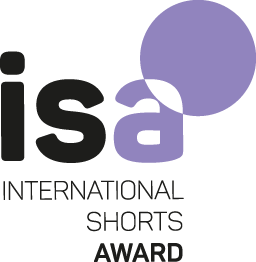
Curators: Rocío Burchard, Saskya Tschebann
Jury:
Doris Posch (Film Scholar)
Sanderien Verstappen (Visual Anthropologist, University of Vienna)
Christos Varvantakis (Goldsmiths University, Athens Ethnographic Film Festival)
Prize Money: € 500.-

Prize donated by:Verwertungsgesellschaft für audio-visuelle Medien
Winner
ASAK
Mahdi Zamanpour Kiasari | Iran 2019 | 30 Min.
Jury statement: ASAK is a story about human labour and environment. It shows the work of a blind stonemason, Aziz, who goes to the mountains to find rocks, touches and tastes these rocks carefully to select the right ones, then cracks them loose and brings them home to sculpt the stones into decorative items that are sold on the market. On the one hand this is a process film, which shows how a rock is transformed into a commodity through strenuous human labour. On the other hand, the process narrative is juxtaposed with scenes of the stonemason’s family life: his daughter and grandchildren, who help him, hug him, cook for him, or talk to him on the phone while he is sculpting the stones.
The jury is impressed by the sensory aspects of the storytelling, which translates at a visual, sonic, and haptic level to show the intimate relation between the stonemason and the rocks. The textures of stones and face, the tasting and fondling of the dusty rocks, and the repetitive sound of the hammer – these and other striking sensory elements work to reveal the corporality of human labour, and its cost. The immersion in daily life, focussing not on the spectacular but on the routines of everyday life, translates into a layered portrait of a stone worker and his social, spatial, and material surroundings. The relation with his daughter raises questions about transgenerational transmission and creates space for imaginary levels that are larger than humankind – through the integration of dreams and fears told by his daughter on the phone and signified by the old man.
Nominierte Filme
ESSA – Ethnocineca Student Shorts Award
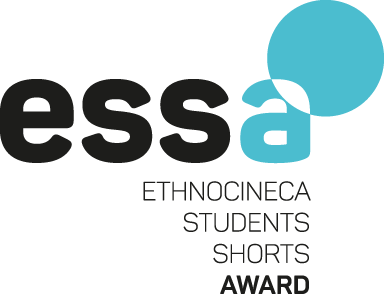
Curators: Nóra Soponyai, Simone Traunmüller
Jury:
Anja Natmessnig (Institut für Kultur- und Sozialanthropologie, Universität Wien)
Dino Osmanovic (Hochschule für Fernsehen und Film München)
Christos Varvantakis (Goldsmiths University, Athens Ethnographic Film Festival)
Prize Money: € 500.-
Prize donated by: BAGRU/STV Europäische Ethnologie, Universität Wien
Honorable Mention
HONORABLE MENTION: ATTENTION ALL PASSENGERS
Marek Moučka | Slovakia 2020 | 20 Min.
Jury statement: A film that offers us an honest encounter with the everyday risks of train drivers. Filmed on 16 mm it offers an honest look at how these men cope with the traumatizing deaths they witness as part of their profession. With an emblematic deer at beginning and end the film never gives in to the overuse of symbols. We would love to see more such cinematographic insights in the future.
Winner
MAREA
Vania Quevedo | Mexico, Cuba 2019 | 18 Min.
Jury statement: Poetic black and white pictures take us into the harsh world of a shark fisherman living on a desolate beach. The strong contrasting images reflect the complex relations of the protagonist with his prey, the shark and the fight for his breath because of his terminal lung disease. Another deeper layer adds the carefully created soundscape. Brilliant recordings of the breaking waves, ambient noise and the labouredbreathing generate a soundtrack of life and death and draw us into this world between land and sea. It is a great achievement of the filmmaker to offer us an honest and engaging glance at the life of this fisherman. The form of the film was not simply an artistic choice, it derived from content. This example of sensory ethnography has the capacity to elucidate through cinematographic means an understanding for the complexity of the protagonist’s life.

